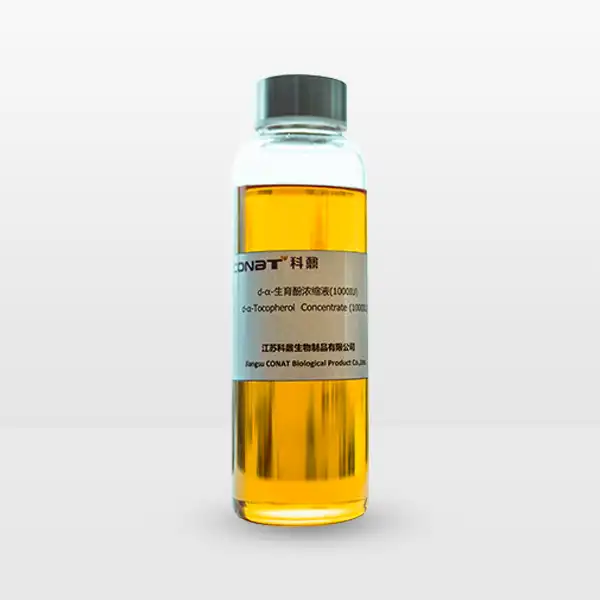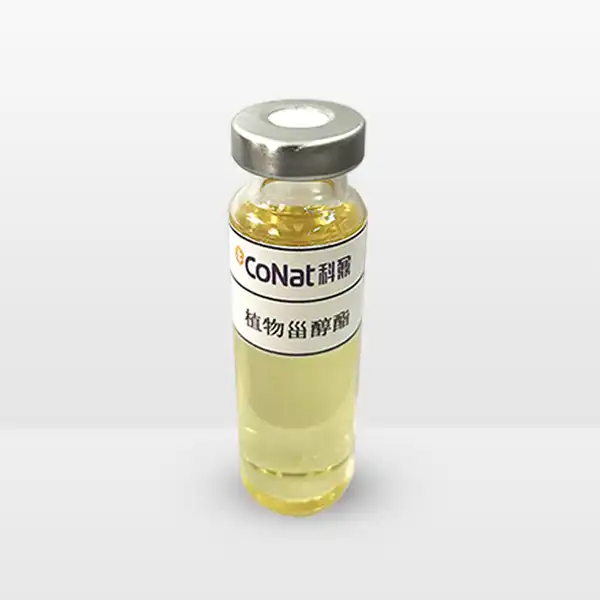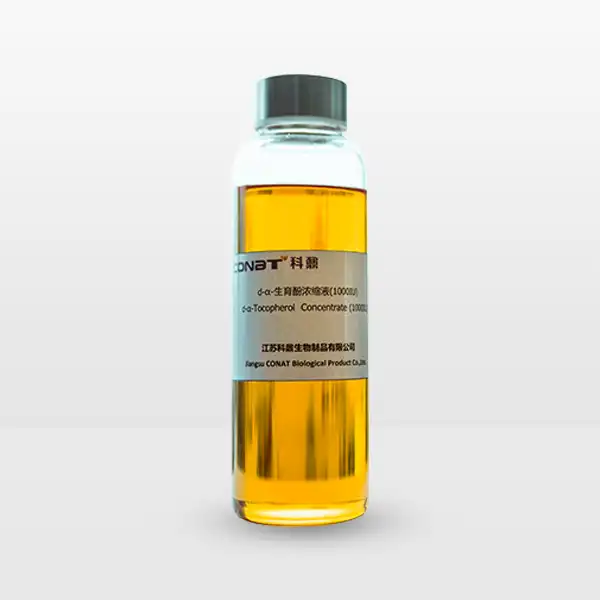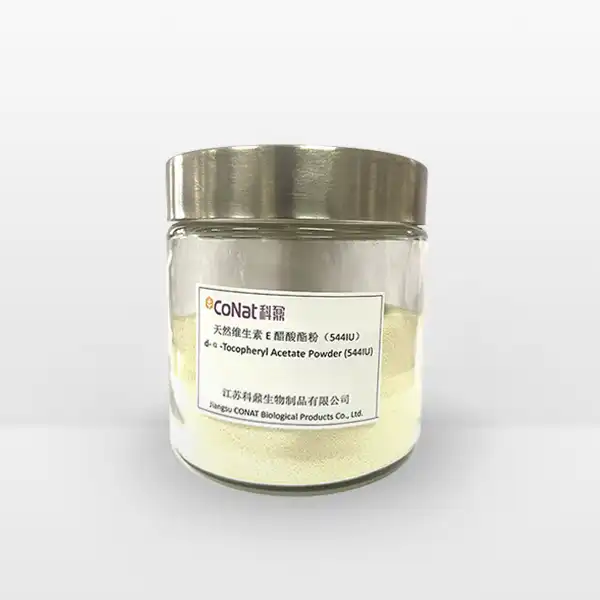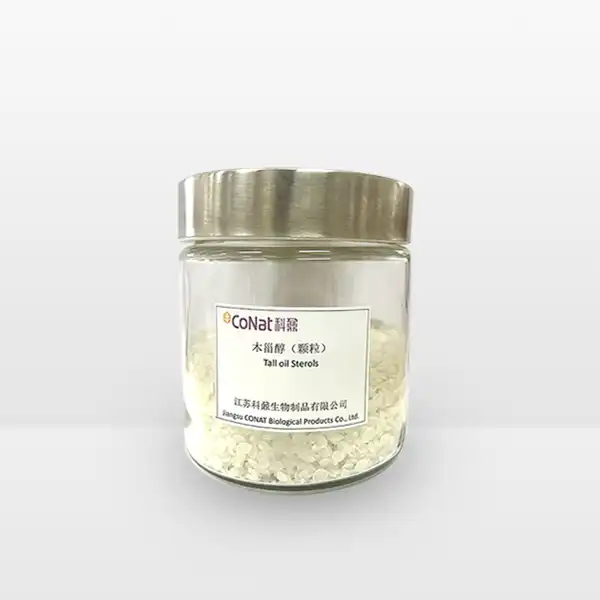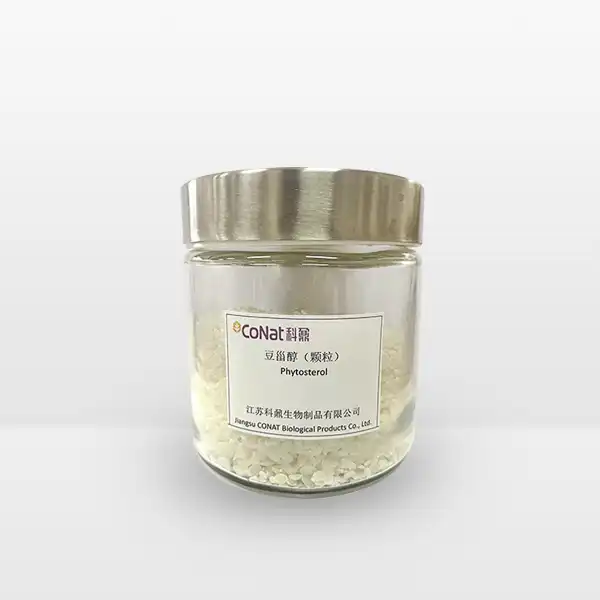- English
- French
- German
- Portuguese
- Spanish
- Russian
- Japanese
- Korean
- Arabic
- Greek
- German
- Turkish
- Italian
- Danish
- Romanian
- Indonesian
- Czech
- Afrikaans
- Swedish
- Polish
- Basque
- Catalan
- Esperanto
- Hindi
- Lao
- Albanian
- Amharic
- Armenian
- Azerbaijani
- Belarusian
- Bengali
- Bosnian
- Bulgarian
- Cebuano
- Chichewa
- Corsican
- Croatian
- Dutch
- Estonian
- Filipino
- Finnish
- Frisian
- Galician
- Georgian
- Gujarati
- Haitian
- Hausa
- Hawaiian
- Hebrew
- Hmong
- Hungarian
- Icelandic
- Igbo
- Javanese
- Kannada
- Kazakh
- Khmer
- Kurdish
- Kyrgyz
- Latin
- Latvian
- Lithuanian
- Luxembou..
- Macedonian
- Malagasy
- Malay
- Malayalam
- Maltese
- Maori
- Marathi
- Mongolian
- Burmese
- Nepali
- Norwegian
- Pashto
- Persian
- Punjabi
- Serbian
- Sesotho
- Sinhala
- Slovak
- Slovenian
- Somali
- Samoan
- Scots Gaelic
- Shona
- Sindhi
- Sundanese
- Swahili
- Tajik
- Tamil
- Telugu
- Thai
- Ukrainian
- Urdu
- Uzbek
- Vietnamese
- Welsh
- Xhosa
- Yiddish
- Yoruba
- Zulu
What are the Health Benefits of Soya Sterol?
Soya sterol, also known as plant sterol or phytosterol, is a naturally occurring compound found in various plant sources, particularly soybeans. These remarkable substances have garnered significant attention in the health and nutrition community due to their impressive cholesterol-lowering properties and other potential health benefits. As consumers become increasingly health-conscious, understanding the comprehensive benefits of soya sterol has become crucial for those seeking natural ways to maintain their cardiovascular health and overall well-being.
How Does Soya Sterol Lower Cholesterol Levels?
The relationship between soya sterol and cholesterol management is particularly fascinating and well-documented through numerous clinical studies. Soya sterols work by competing with cholesterol for absorption in the digestive system, effectively reducing the amount of cholesterol that enters the bloodstream. This process is remarkably similar to how our body naturally processes cholesterol, but with soya sterols taking precedence in absorption.
The mechanism of action is quite sophisticated: when consumed, soya sterols integrate themselves into the micelles in our digestive tract – the same micelles that would typically absorb cholesterol. Because soya sterols have a similar chemical structure to cholesterol, they effectively block cholesterol absorption sites. This competition results in less cholesterol being absorbed into the bloodstream and more being excreted from the body.
Clinical studies have consistently shown that regular consumption of 2-3 grams of plant sterols daily can reduce LDL (bad) cholesterol levels by 8-15%. This reduction is particularly significant because every 1% decrease in LDL cholesterol is associated with a 2-3% reduction in cardiovascular disease risk. The cholesterol-lowering effect of soya sterols is even more pronounced when combined with other healthy lifestyle changes, such as maintaining a balanced diet and regular exercise routine.
Moreover, research indicates that soya sterols can enhance the effectiveness of cholesterol-lowering medications, particularly statins. This synergistic effect means that individuals taking statins may achieve better results in their cholesterol management when incorporating soya sterols into their diet. This natural approach to cholesterol management has been endorsed by various health organizations worldwide, including the American Heart Association and the European Food Safety Authority.
What Role Does Soya Sterol Play in Heart Disease Prevention?
The cardiovascular benefits of soya sterol extend far beyond its cholesterol-lowering properties, making it a powerful ally in heart disease prevention. The relationship between soya sterol consumption and cardiovascular health is multifaceted, involving several physiological mechanisms that work together to protect the heart and blood vessels.
First and foremost, soya sterols help maintain healthy arterial function by reducing the accumulation of cholesterol in arterial walls. This reduction in arterial plaque formation is crucial for preventing atherosclerosis, a condition where arteries become narrowed and hardened due to cholesterol buildup. By keeping arteries clear and flexible, soya sterols help maintain optimal blood flow throughout the body, reducing the workload on the heart.
Research has also shown that soya sterols possess anti-inflammatory properties, which is particularly relevant to heart disease prevention. Chronic inflammation is a known risk factor for cardiovascular disease, and the anti-inflammatory effects of soya sterols help protect blood vessel walls from damage and dysfunction. Studies have demonstrated that regular consumption of soya sterols can reduce markers of inflammation in the body, potentially lowering the risk of developing heart disease.
Furthermore, soya sterols have been found to help regulate blood pressure, another crucial factor in cardiovascular health. While the exact mechanism isn't fully understood, scientists believe that the compounds in soya sterols may help relax blood vessels and improve their elasticity, contributing to better blood pressure control. This combination of benefits makes soya sterols particularly valuable for individuals at risk of developing cardiovascular disease.
The long-term protective effects of soya sterols on heart health are supported by epidemiological studies showing lower rates of cardiovascular disease in populations that consume diets rich in plant sterols. This observation has led to increased interest in incorporating soya sterols into preventive healthcare strategies.
How Can Soya Sterol Support Overall Metabolic Health?
The impact of soya sterol on metabolic health represents one of the most promising areas of research in nutritional science. Beyond its well-established effects on cholesterol and heart health, soya sterol has demonstrated remarkable potential in supporting overall metabolic function and maintaining hormonal balance.
Recent studies have suggested that soya sterols may play a role in glucose metabolism and insulin sensitivity. While more research is needed, preliminary findings indicate that regular consumption of soya sterols might help improve insulin response and glucose uptake in cells. This potential benefit could be particularly significant for individuals managing or at risk for type 2 diabetes, as better glucose control is essential for metabolic health.
The relationship between soya sterols and hormone regulation is another area of growing interest. These compounds share structural similarities with several hormones in the body and may help maintain proper hormonal balance. Some research suggests that soya sterols could support healthy testosterone levels in men and help regulate estrogen activity in women, though these effects are still being studied.
Additionally, soya sterols have been found to support liver function, which is crucial for metabolic health. The liver plays a central role in cholesterol synthesis and metabolism, and soya sterols help optimize these processes. By supporting healthy liver function, soya sterols contribute to better overall metabolic health and efficient nutrient processing.
Evidence also suggests that soya sterols may help in maintaining healthy body weight through their effects on fat metabolism and absorption. While they shouldn't be considered a weight loss supplement, their role in supporting healthy metabolic function may contribute to better weight management when combined with proper diet and exercise.
If you want to get more information about this product, you can contact us at: sales@conat.cn.
References:
1. Jones PJ, AbuMweis SS. "Phytosterols as functional food ingredients: linkages to cardiovascular disease and cancer." Current Opinion in Clinical Nutrition & Metabolic Care, 2009.
2. Gylling H, et al. "Plant sterols and plant stanols in the management of dyslipidaemia and prevention of cardiovascular disease." Atherosclerosis, 2014.
3. Katan MB, et al. "Efficacy and Safety of Plant Stanols and Sterols in the Management of Blood Cholesterol Levels." Mayo Clinic Proceedings, 2003.
4. Plat J, Mensink RP. "Plant Stanol and Sterol Esters in the Control of Blood Cholesterol Levels: Mechanism and Safety Aspects." American Journal of Cardiology, 2005.
5. Thompson GR, Grundy SM. "History and Development of Plant Sterol and Stanol Esters for Cholesterol-Lowering Purposes." American Journal of Cardiology, 2005.
6. Weingärtner O, et al. "Vascular effects of diet supplementation with plant sterols." Journal of the American College of Cardiology, 2008.
7. Patch CS, et al. "Plant sterols as dietary adjuvants in the reduction of cardiovascular risk: theory and evidence." Vascular Health and Risk Management, 2006.
8. Ras RT, et al. "LDL-cholesterol-lowering effect of plant sterols and stanols across different dose ranges: a meta-analysis of randomised controlled studies." British Journal of Nutrition, 2014.
9. Trautwein EA, et al. "Proposed mechanisms of cholesterol-lowering action of plant sterols." European Journal of Lipid Science and Technology, 2003.
10. Plat J, et al. "Progress and prospective of plant sterol and plant stanol research: report of the Maastricht meeting." Atherosclerosis, 2012.
YOU MAY LIKE
